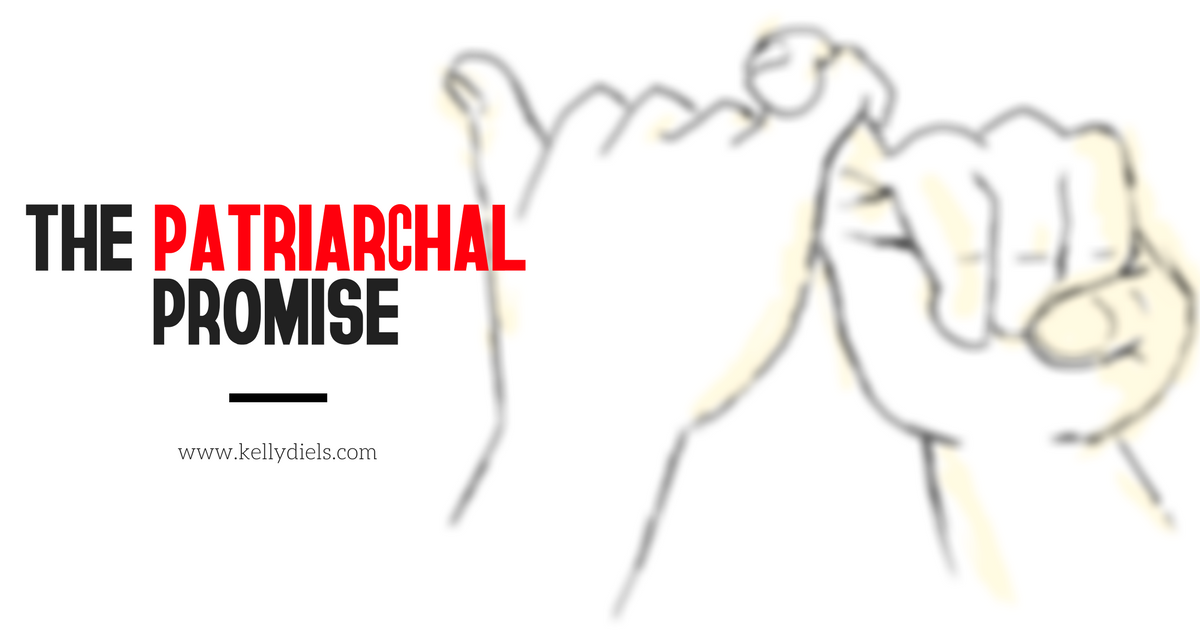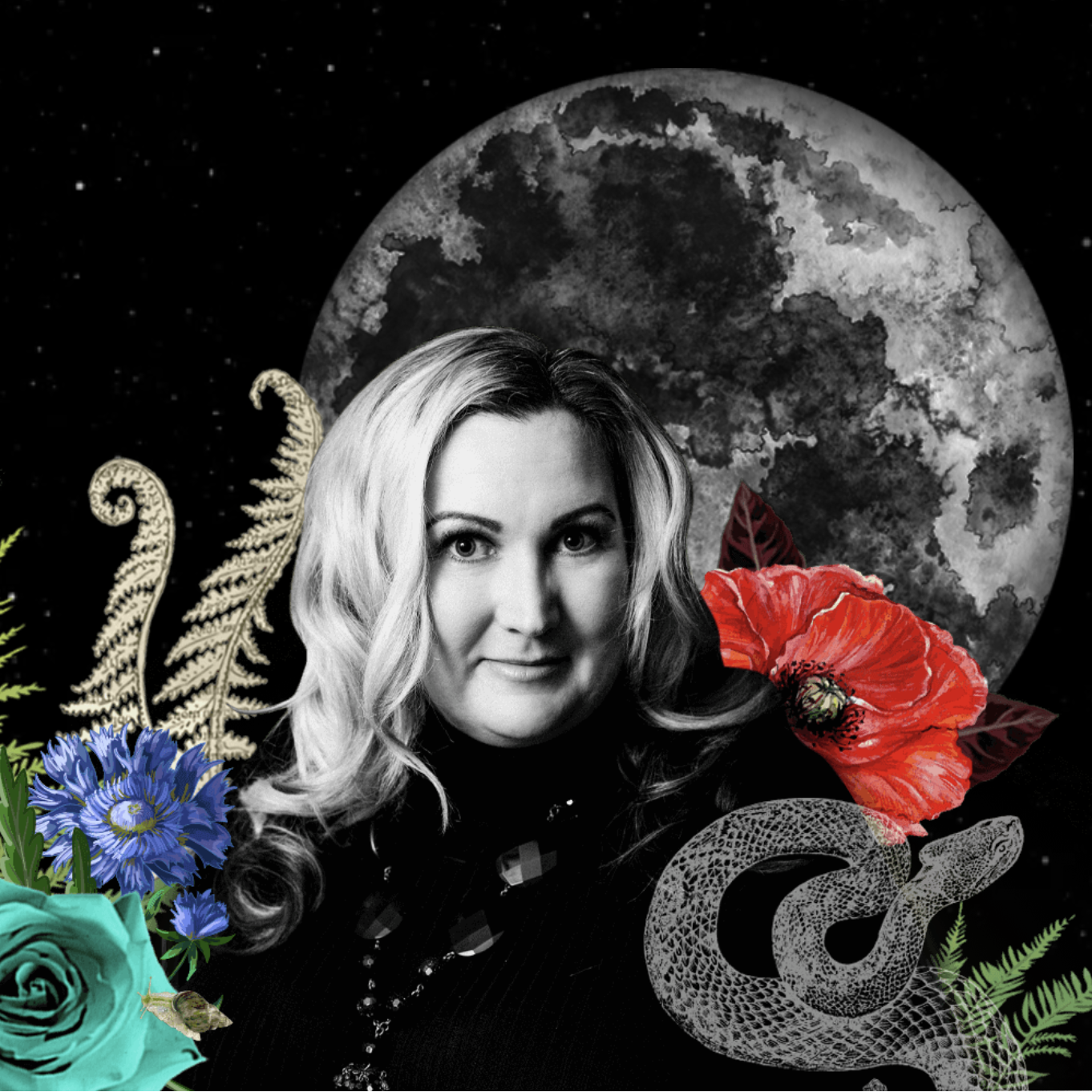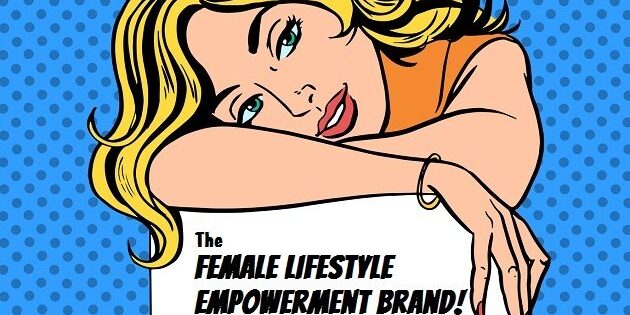
The Patriarchal Promise, Part 1

The Patriarchal Promise means being in the possession of an abundant livelihood, influence, respect, a beautiful subservient woman and her sexuality (or several), and a family. In your sphere, whether it be public or private, you are the authority and you are owed not only respect but deference.
(Indeed, when patriarchs express distress because they don’t think they’re being treated with respect, what they often mean is that they’re not being addressed with the expected and customary level of deference.)
The Patriarchal Promise is not extended to all men.
This, I think, is the heart of what irks the men currently organizing to block feminism, equal rights, diversity and inclusion.
These men call themselves Men’s Rights Activists but in the same way that we should not honour the preferences of white supremacists by calling them the “alt-right”, we should stop accepting the preferred nomenclature of men organizing to oppose the human rights of women and minorities. When we call them that, we are accepting their preferences and the cloaking of their bigotry as legitimate. We echo and extend their worldview by using their language. When we repeat their language, we normalize their perspective and extend it to audiences they would never have reached on their own. Repetition breeds acceptance. Instead, we should reject their frame by referring to them more literally. They are Insufficiently Realized Patriarchs or Frustrated and Stymied Wannabe Patriarchs.
These men blame the human rights of women for their personal inability to become patriarchs.
What they’re not grasping, however, is that patriarchy is a hierarchy in which a few govern the many. Yes, by design the few are mostly male, but ‘the many’ who are dominated and dispossessed – the governed, the subjects – are people of all genders including most men.
In radically polygamous patriarchal cults, for example, most boys nearing maturity will be cast out of the community. They cannot be extended the promise of patriarchy without materially compromising the privilege of the few older patriarchs who consolidated power.
This happens in a much less visible way in our own society. A few men consolidate power, and that power extends over other women and most other men.
There is a reason many men — and especially white men — feel like they have been wronged, dispossessed or disenfranchised. They believed that the promise of patriarchy included them, but it didn’t. They believed if they worked hard and performed all the manly roles, they would accrue the apparently manly rewards — career, a livelihood, a hot wife, leisure, deference — and then were shocked when these things failed to manifest.
And instead of realizing this is part of the patriarchal design — that most men cannot be patriarchs because it’s a system wherein the few dominate the many and they are the many — they blame the people who are failing to adequately defer to them in the apparently natural order of things.
They blame white women, women of colour, people of colour, queer people, transgender people — people with the audacity to demand rights and resources without qualifying to become patriarchs in a heteronormative, ableist white supremacy.
But what these men are failing to realize, as bell hooks writes, is that the first victims of patriarchy are other men.
Still, instead of rejecting the system that requires their subjection, Frustrated Wannabe Patriarchs embrace and endorse patriarchy. They don’t realize that the rule of the patriarchs will necessarily extend over them.
They repeat the language and worldview of patriarchy and in so doing, reinforce their own inevitable oppression.
They thought patriarchy was a promise made to all men.
It’s not.
Patriarchy is the province of a few men who rule over everyone including most other men.
The Patriarchal Promise might be the only situation in which the hashtag “NotAllMen” is relevant and useful.
(Even so, let’s still not use it because retweeting it only repeats and strengthens their anti-feminist frame.)
My thinking about *not repeating conservative frames and language* is informed by George Lakoff’s work in general and this useful essay in particular:
A Minority President: Why the Polls Failed, And What the Majority Can Do
The quote explaining how men are the first victims of patriarchy comes from bell hooks in her book, The Will To Change: Men, Masculinity and Love



